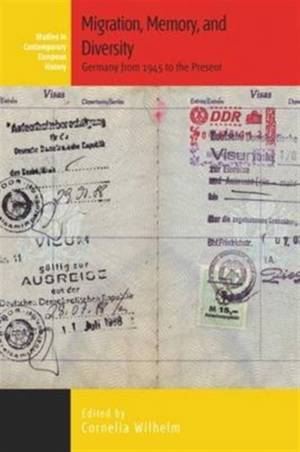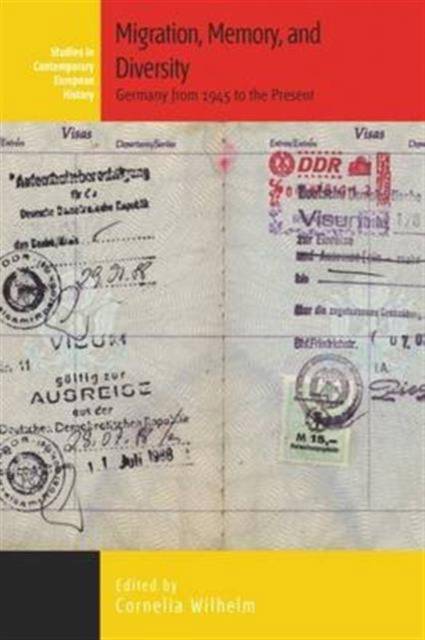
- Retrait gratuit dans votre magasin Club
- 7.000.000 titres dans notre catalogue
- Payer en toute sécurité
- Toujours un magasin près de chez vous
- Retrait gratuit dans votre magasin Club
- 7.000.000 titres dans notre catalogue
- Payer en toute sécurité
- Toujours un magasin près de chez vous
Migration, Memory, and Diversity
Germany from 1945 to the Present
241,95 €
+ 483 points
Description
Within Germany, policies and cultural attitudes toward migrants have been profoundly shaped by the difficult legacies of the Second World War and its aftermath. This wide-ranging volume explores the complex history of migration and diversity in Germany from 1945 to today, showing how conceptions of "otherness" developed while memories of the Nazi era were still fresh, and identifying the continuities and transformations they exhibited through the Cold War and reunification. It provides invaluable context for understanding contemporary Germany's unique role within regional politics at a time when an unprecedented influx of immigrants and refugees present the European community with a significant challenge.
Spécifications
Parties prenantes
- Editeur:
Contenu
- Nombre de pages :
- 366
- Langue:
- Anglais
- Collection :
- Tome:
- n° 21
Caractéristiques
- EAN:
- 9781785333279
- Date de parution :
- 01-11-16
- Format:
- Livre relié
- Format numérique:
- Genaaid
- Dimensions :
- 150 mm x 231 mm
- Poids :
- 612 g






